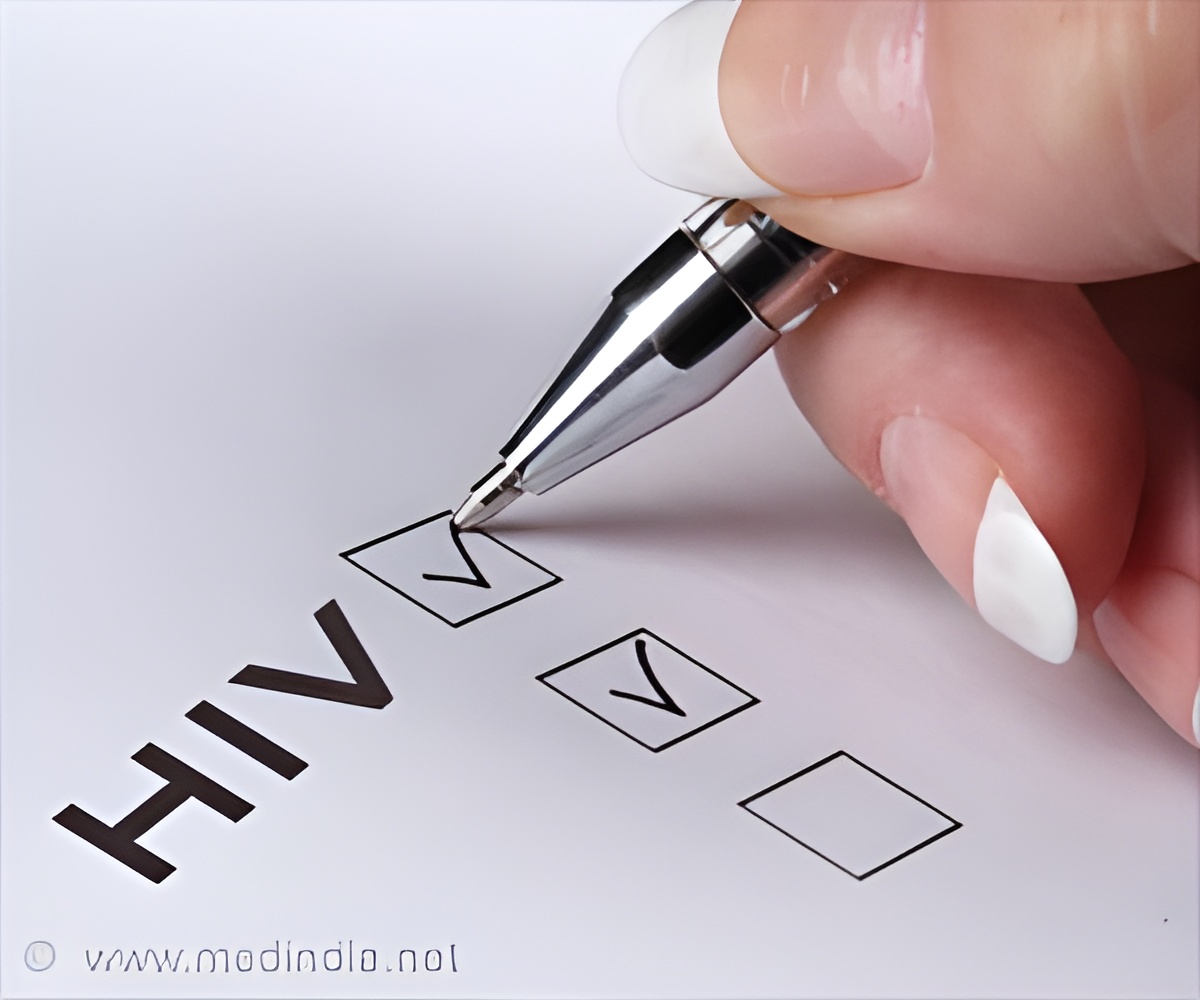People who reported drinking more alcohol or had high PEth had higher levels of these biomarkers of immune function, stated new study.

‘Harms associated with heavy alcohol consumption among people living with HIV have been reported in a recent study. ’





Researchers from Boston University School of Medicine (BUSM) looked at biological markers of innate immune function, a kind of immune response that acts quickly and non-specifically to new infections and pathogens. They investigated biological markers of three specific immune processes: systemic inflammation, monocyte activation and altered coagulation. Higher levels of biological markers for these processes have previously been associated with higher risk of death. In the current study, the researchers assessed self-reported alcohol use over time (three times over two years) and also measured alcohol use using a blood-based marker of alcohol consumption called PEth (phosphatidylethanol) that detects alcohol consumption up to about 21 days after drinking.
Additionally they measured other behaviors and health conditions that could obscure the true relationship between alcohol consumption and these biomarkers.
"We found that people who reported drinking more alcohol or had high PEth had higher levels of these biomarkers of immune function. The fact that heavy alcohol consumption was linked to elevated levels of these biomarkers, which are linked to mortality, suggests that alcohol may be contributing to mortality risk through immune dysfunction among people with HIV," said corresponding author Kaku So-Armah, PhD, assistant professor of medicine at BUSM.
According to the researchers, it is important to note they observed elevated levels of these biomarkers of immune activity in a relatively young HIV population with a low occurrence of chronic inflammatory diseases of aging like diabetes, obesity or renal disease. "Further we observed that the relationship between alcohol consumption and some of these biomarkers was not linear, suggesting a complex relationship between alcohol use and biomarkers of systemic inflammation and monocyte activation."
Advertisement
Advertisement















